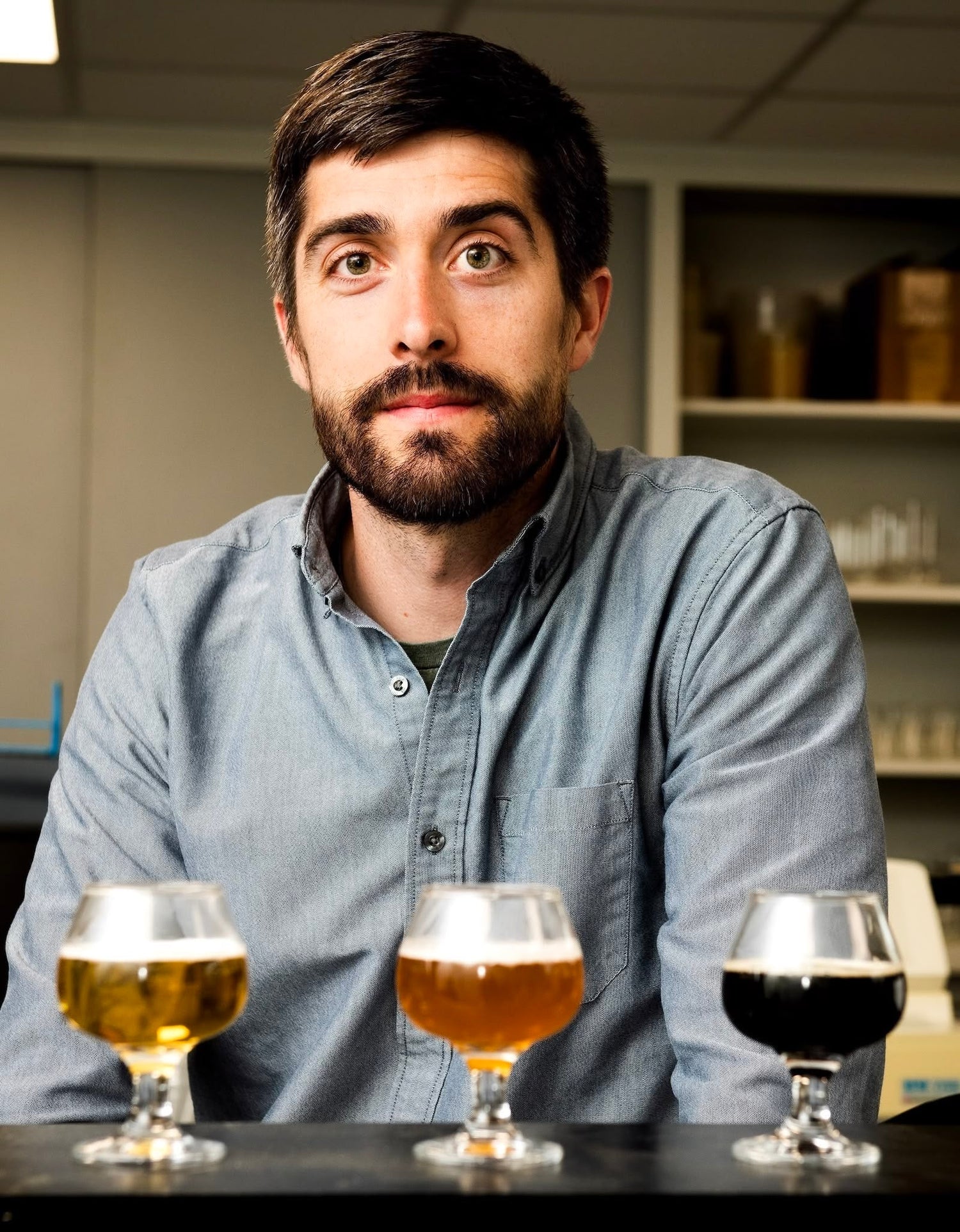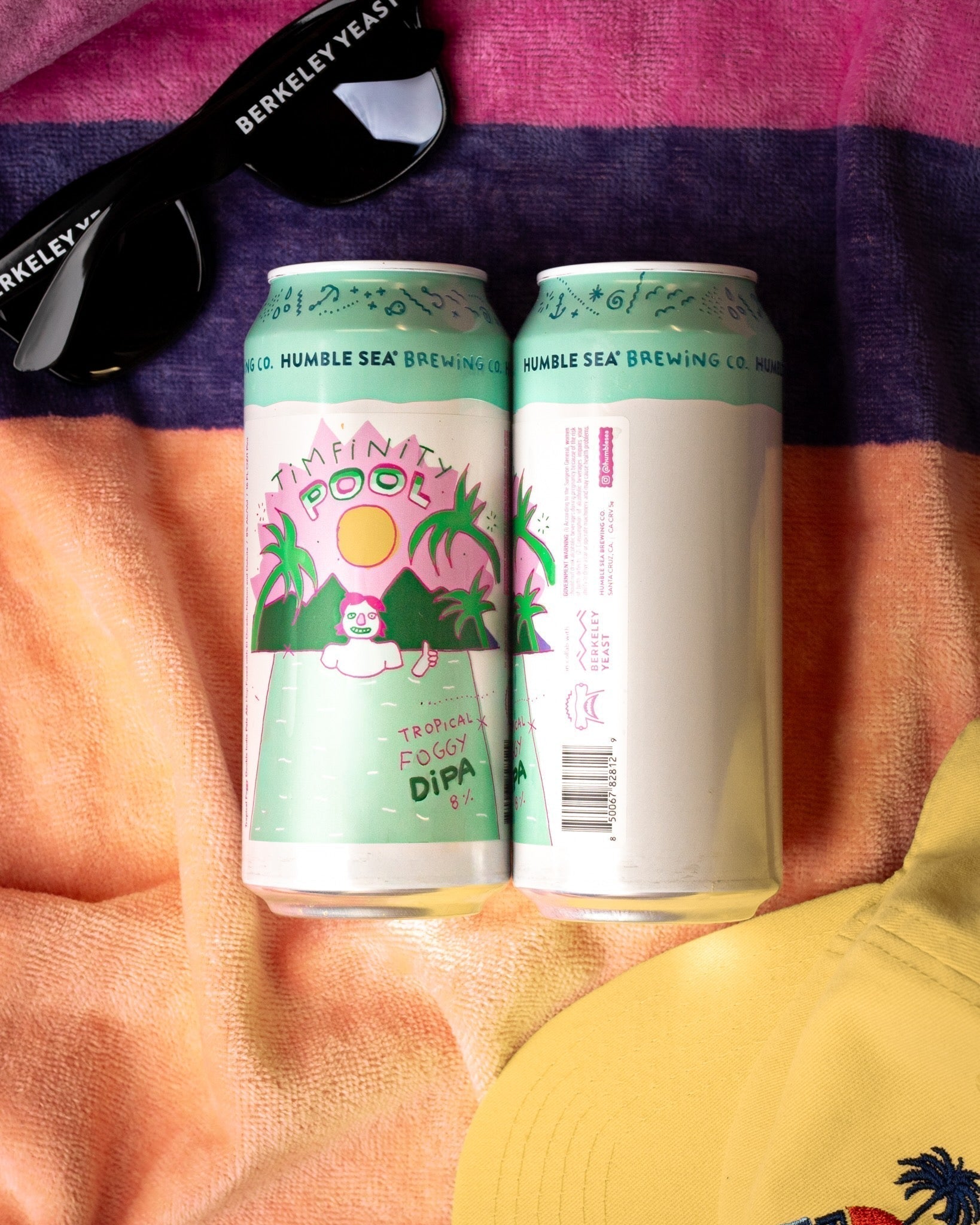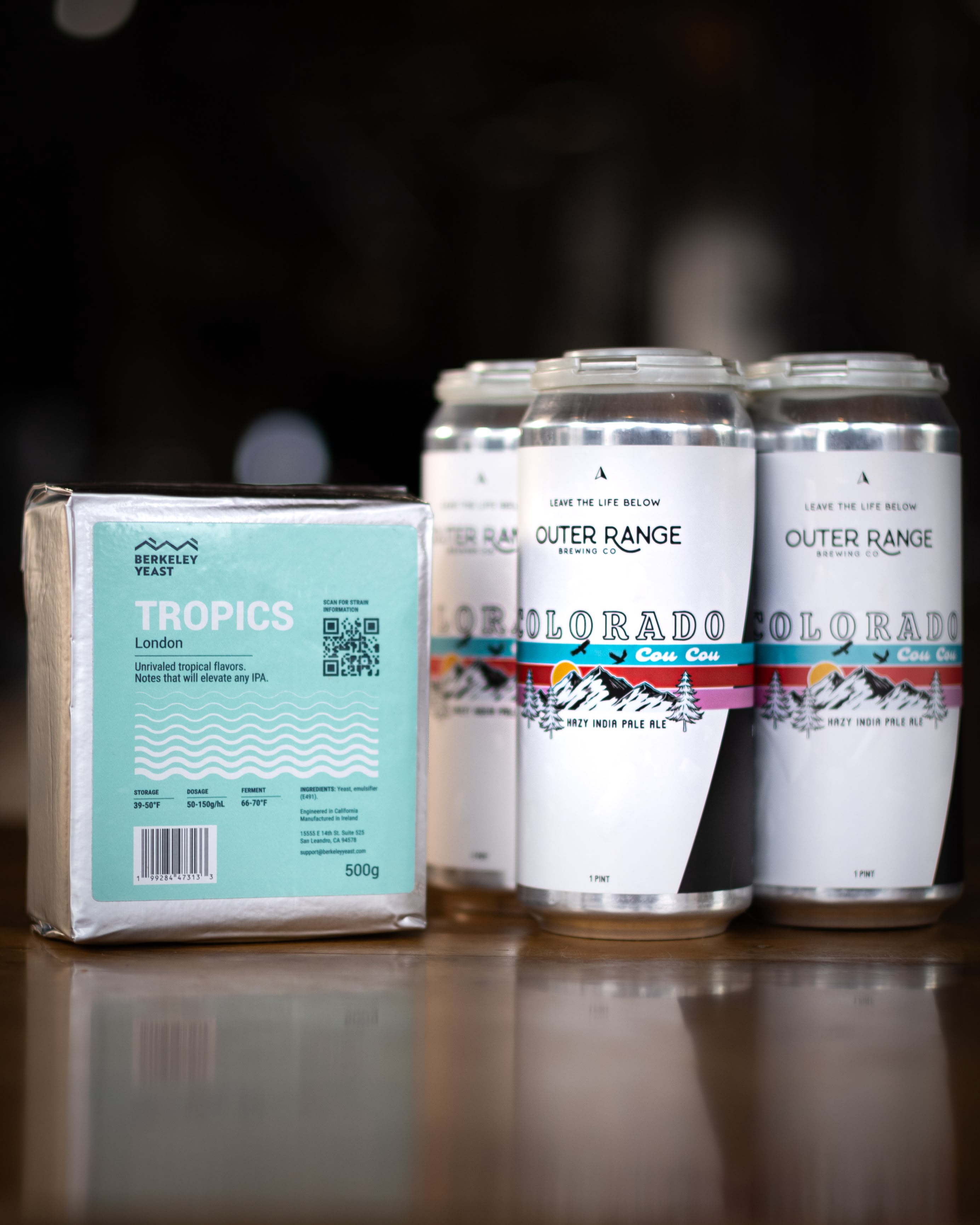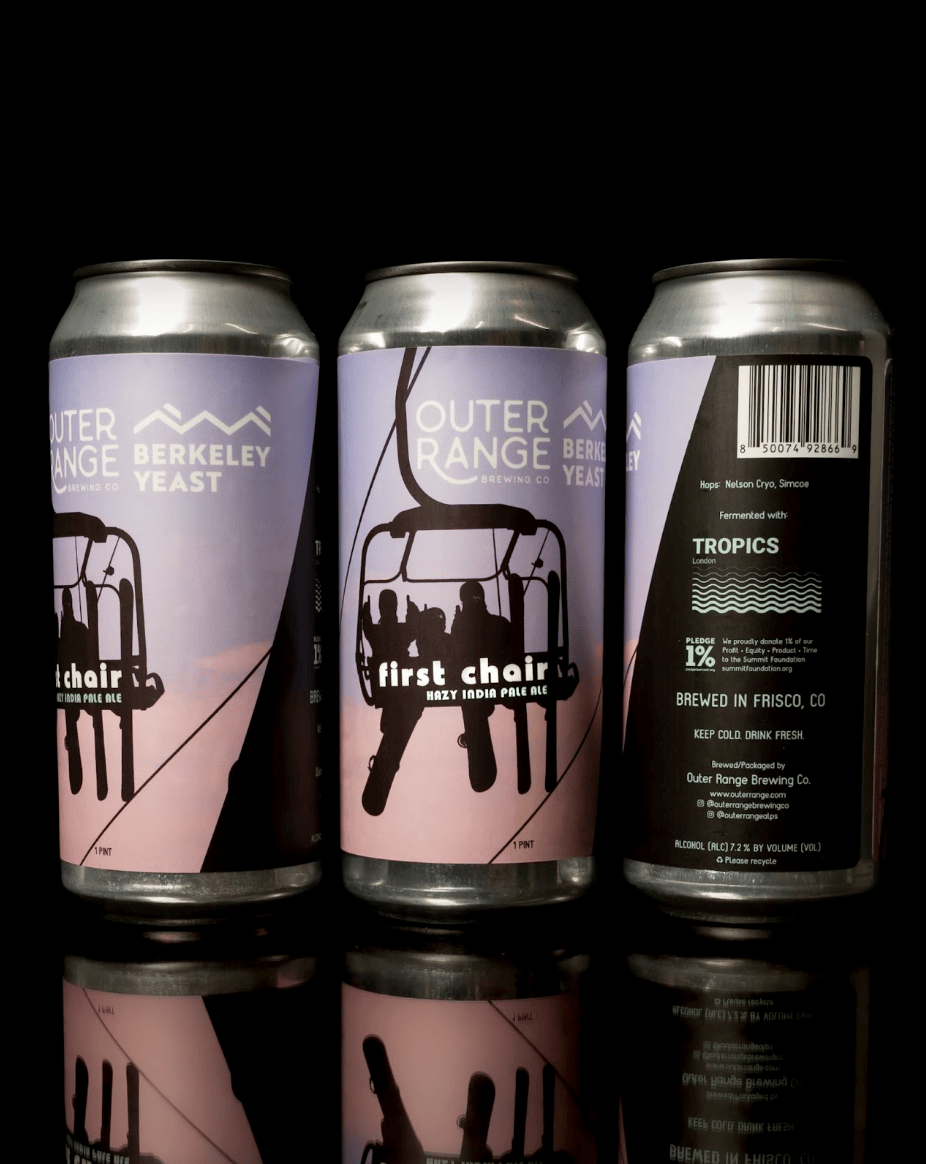University of Arkansas Study Highlights Flavor Impact of Yeast Strains in Non-Alc Beer
A recent study led by University of Arkansas Professor Dr. Scott Lafontaine and PhD student Andrew Maust, published in ACS Food Science & Technology, evaluated the sensory and chemical attributes of commercially available yeast strains used for non-alcoholic (NA) beer production.
Among the strains tested, Berkeley Yeast’s NA Classic and NA Cabana stood out. Panelists described NA beer produced by these strains as having flavor profiles with notes of tropical fruit, citrus, and subtle floral notes—qualities often sought in modern craft beer styles.
More important was the distance between the Berkeley brews and those produced with other NA strains. Whereas the Berkeley brews were generally associated with desirable flavor descriptors, other strains were associated with less desirable characteristics such as plastic, cheesy, solvent, cooked potato, and wort—a greater departure from the flavor profiles that consumers enjoy.
The findings suggest that when designing or redesigning a NA beer recipe, strain selection plays a critical role.
Read the full (open access) paper here.

Principal Component Analysis of Sensory Data
Figure adapted from Maust, A.; Sen, R.; Lafontaine, S. Exploring Non-traditional Yeast for Flavor Innovation in Non-Alcoholic Beer. ACS Food Sci. Technol. 2025, 5(5), 2007–2020.
The figure was modified from the original to only include ferments that finished under 0.7% ABV, starting from 4.5°P wort. See the original figure in the paper for additional data, including taste and mouthfeel descriptors and ferments starting at 9°P.
How the Study Was Conducted
Brewing Process
To conduct the study, variables were limited to isolate the differences between the yeast strains. A simple wort was produced using 100% 2-row malt and a small addition of iso-alpha acid extract to reach 10 BUs. (No hops were used throughout the process.)
- Fermentations were conducted side-by-side at 20 L scale.
- Yeast was pitched at 10 million cells/mL.
- Fermentations held at 68 °F.
- Two starting gravities were tested: 4.5°P and 9°P.
- At terminal gravity, pH was adjusted to below 4.2 using lactic acid, if needed.
- Beers were kegged, pasteurized to 400 PUs, chilled, and carbonated.
Sensory Analysis
Ten trained panelists assessed each sample in triplicate during six evaluation sessions. Prior to assessment, the panel was trained over three sessions on 24 unique sensory terms spanning aroma (ortho-nasal and retro-nasal), taste, and mouthfeel. Three commercial beer samples served as flavor anchors.
During each session, panelists rated each of the 24 terms on a linear spectrum from “less intense” to “more intense.” These data were used to produce a principal component analysis (PCA), where each beer sample was plotted alongside associated sensory terms.
Beers located close to a descriptor on the PCA map are more likely to exhibit that character. For example, NA Classic and NA Cabana clustered with “tropical,” “citrus,” and “floral,” while others clustered with “plastic” and “cheesy.” This visualizes flavor relationships clearly and efficiently.
The Bottom Line
Berkeley Yeast's NA strains were bioengineered to make NA beer taste more like beer. This study underscores the effectiveness of that approach.
If you're designing a phenomenal NA beer, NA Cabana and NA Classic offer an ideal foundation.
Want help designing your NA recipe? Don’t hesitate to reach out. We have a growing library of NA brewing resources and a team of brewers ready to help you succeed.




